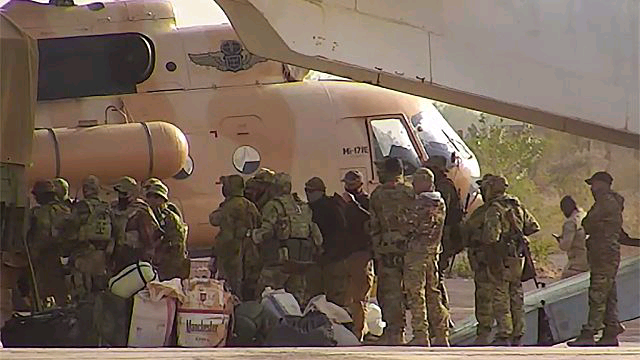By: Chioma Madonna Ndukwu
Nearly 50 Wagner mercenaries were killed over the weekend in northern Mali, marking the most significant defeat for the Russian private military company in recent years.
The ambush, orchestrated by al-Qaida and Tuareg rebels near the Algerian border, has left Wagner reeling and could dramatically shift the dynamics in the Sahel region. Wassim Nasr, a Sahel specialist at the Soufan Center, emphasized the historical impact of this attack: “This is a unprecedented event on African soil and will significantly alter the regional balance.” He suggested that Wagner’s heavy losses might compel them to rethink their operations in the region.
The attack unfolded as Wagner fighters, who had been supporting Mali’s army against Tuareg rebels, were ambushed while retreating into jihadi-held territory south of Tinzaouaten. While Wagner has confirmed casualties, specific numbers have not been disclosed. Mali’s army reported two of its soldiers were killed and claimed 20 rebels were eliminated.
Al-Qaida has claimed responsibility, citing the attack as retaliation for previous atrocities. The Tuareg rebels also reported that some Wagner fighters and Malian soldiers surrendered to them. Analyst John Lechner remarked, “Private military companies often face blame for large losses or setbacks, while victories are attributed to state defense ministries.”
The ambush underscores the escalating risks for Wagner as it continues its operations in the Sahel, a region marked by intense security challenges and controversial military engagements.


